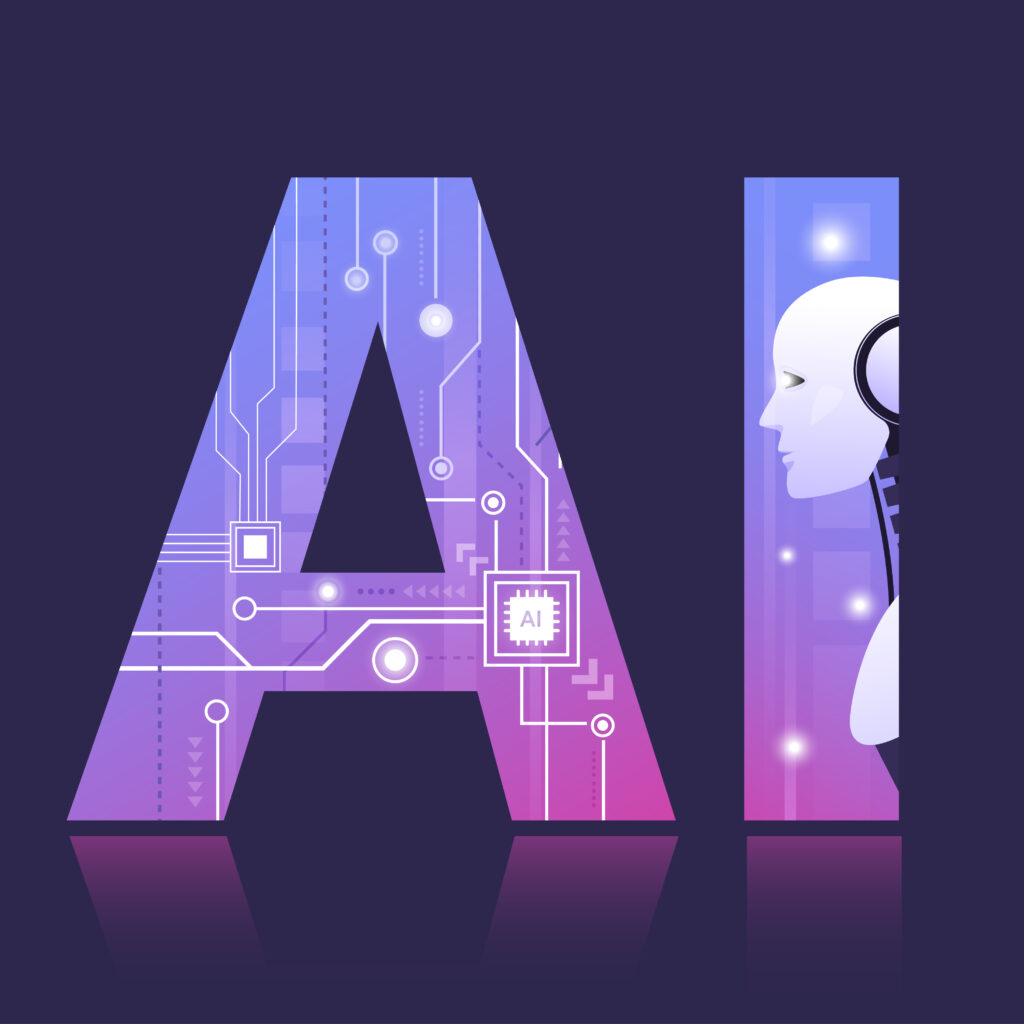ARTIFICIAL INTELLIGENCE
HomeArtificial Intelligence

About Course
AI courses generally cover topics such as machine learning, deep learning, natural language processing, computer vision, and robotics. These courses can be offered at different levels, from introductory to advanced, and can be tailored to different audiences, including beginners, professionals, and researchers.
Course Objectives
Key responsibilities :
Fairness and accountability: AI systems should be designed to avoid discrimination, bias, and unfairness. Developers and users of AI should be accountable for the outcomes of the AI systems they create and use.
Transparency: AI systems should be transparent in terms of their design, functionality, and decision-making processes. Users should understand how the system works, what data it uses, and how it makes decisions.
Privacy and security: AI systems should be designed to protect the privacy and security of user data. Developers should ensure that AI systems comply with relevant data protection laws and regulations.
Safety: AI systems should be safe to use and not pose a threat to human life or well-being. Developers should consider the potential risks associated with the use of AI systems and take steps to mitigate those risks.
Ethical considerations: Developers and users of AI should consider the ethical implications of their use. This includes issues such as the impact on jobs, the environment, and society as a whole.
Who can learn this course :
- Data professionals: Individuals who are already working in the data field such as data analysts, data scientists, and business intelligence professionals can benefit from taking this course. It can help them develop the necessary skills and knowledge to design and implement data pipelines and storage systems.
- IT professionals: IT professionals who are interested in moving into the data field can also benefit from taking this course. They can learn the necessary skills and knowledge to design and implement data systems.
- Graduates: Recent graduates with a degree in computer science or a related field can benefit from taking this course to gain practical skills and knowledge related to data engineering.
- Career changers: Individuals who are interested in making a career change to the data field can take this course to develop the skills and knowledge needed to enter the data engineering field.
- Entrepreneurs: Entrepreneurs who are looking to start a business that involves collecting and processing large amounts of data can benefit from taking this course. It can help them develop the necessary skills and knowledge to design and implement data pipelines and storage systems for their business.
Pre-requisites :
This course can be learn by anyone who have a basic knowledge in
- Programming language
- Statistics
- Mathematics
- Basic database knowledgec(SQL)
Course Curriculum
- Machine Learning
- Deep Learning
- Natural language processing (NLP)
- Computer vision
- Robotics
- Expert systems
- Reinforcement learning
Student Reviews






Register for course
Our Training Features
- Live Training
- Corporate Trainers
- Industry Specific Scenarios
- Soft Copy of Materials
- Resume Preparation Guidance
- Interview Guidance
- Mock interview by experts
- Job Assistance
